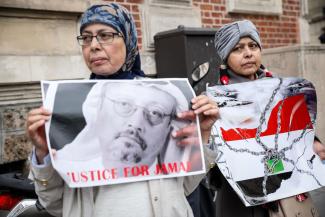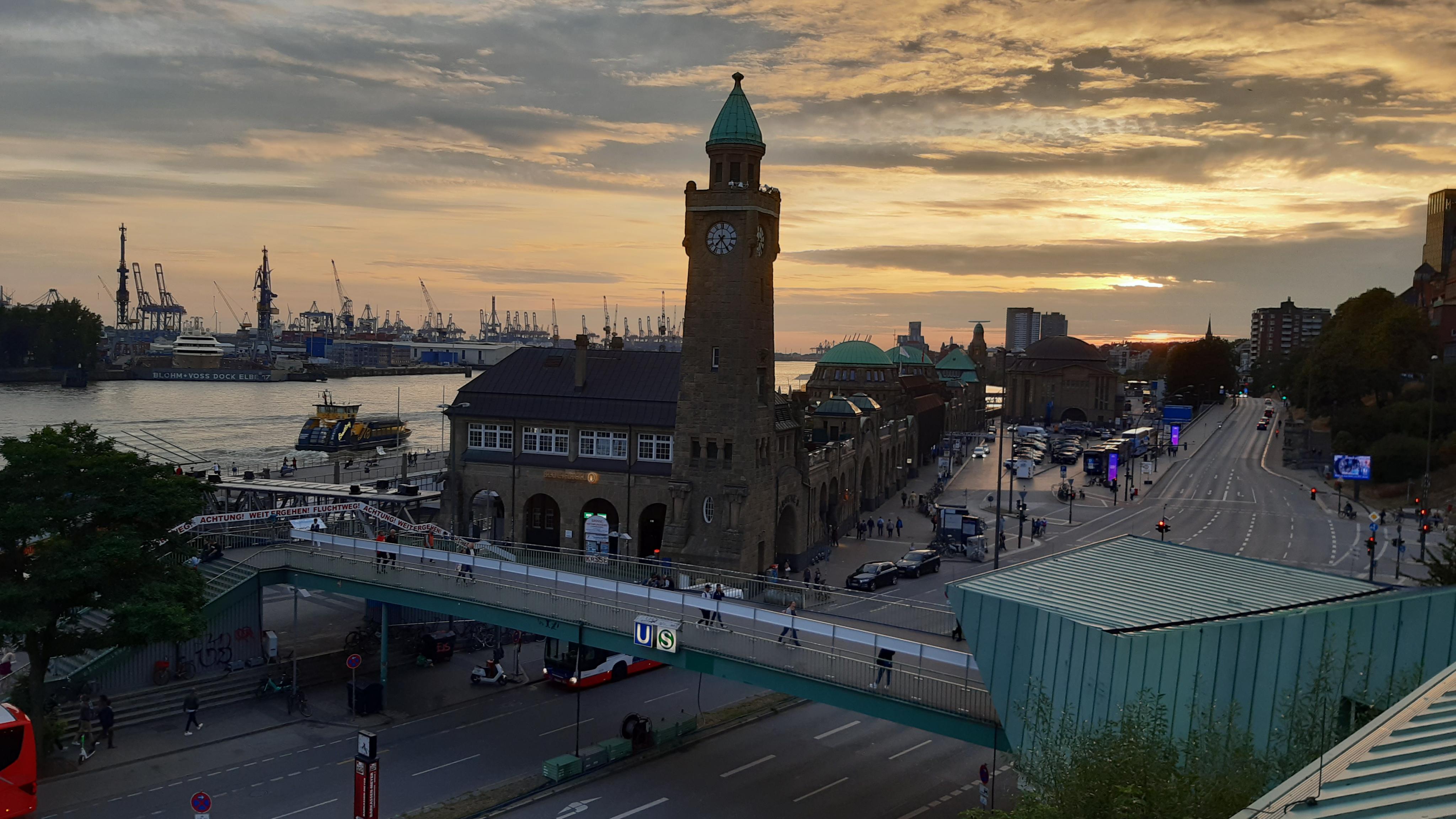Human rights
Limited freedom of expression

UNESCO has recorded at least 80 murders of journalists in 2017 and 79 until mid-October 2018. The agency’s 2017/2018 report “World Trends in Freedom of Expression and Media Development” adds that “rapid political, technological and economic transformations […] have placed new strains on media freedom.” On media independence the report writes of increased pressure from political powers and regulatory authorities as well as constraints posed because of financial dependency. There is a substantial rise in violence against journalists, including kidnapping, enforced disappearance, arbitrary detention and torture.
The analysis of Freedom House, a non-governmental agency based in Washington, is similar. It argues that media freedom has been declining in recent years. Its “Freedom of the Press” report of 2017 talks of “unprecedented threats to journalists and media outlets”.
Media capture is a worrisome trend, and it takes many forms (see main story). It does not only have impacts on the media sector, but on democracy and societies’ development as a whole. In many conflict-prone countries, media is also divided between main rival political factions. In these countries, it is political parties that try to influence public opinion in their favour by supporting, owning or running media.
One aspect is the great power of private-sector publishers who tend to favour business interests over labour interest. Media capture is not restricted to poorer economies or transitioning democracies. In European countries like Hungary or Italy, there are only few media outlets that still criticise the respective governments in a coherent and systematic way. Moreover, social media is being used to spread disinformation – for example before elections. (mg)
Links
UNESCO:
https://en.unesco.org/unesco-condemns-killing-of-journalists
https://en.unesco.org/world-media-trends-2017
Freedom House:
https://freedomhouse.org/report-types/freedom-press









